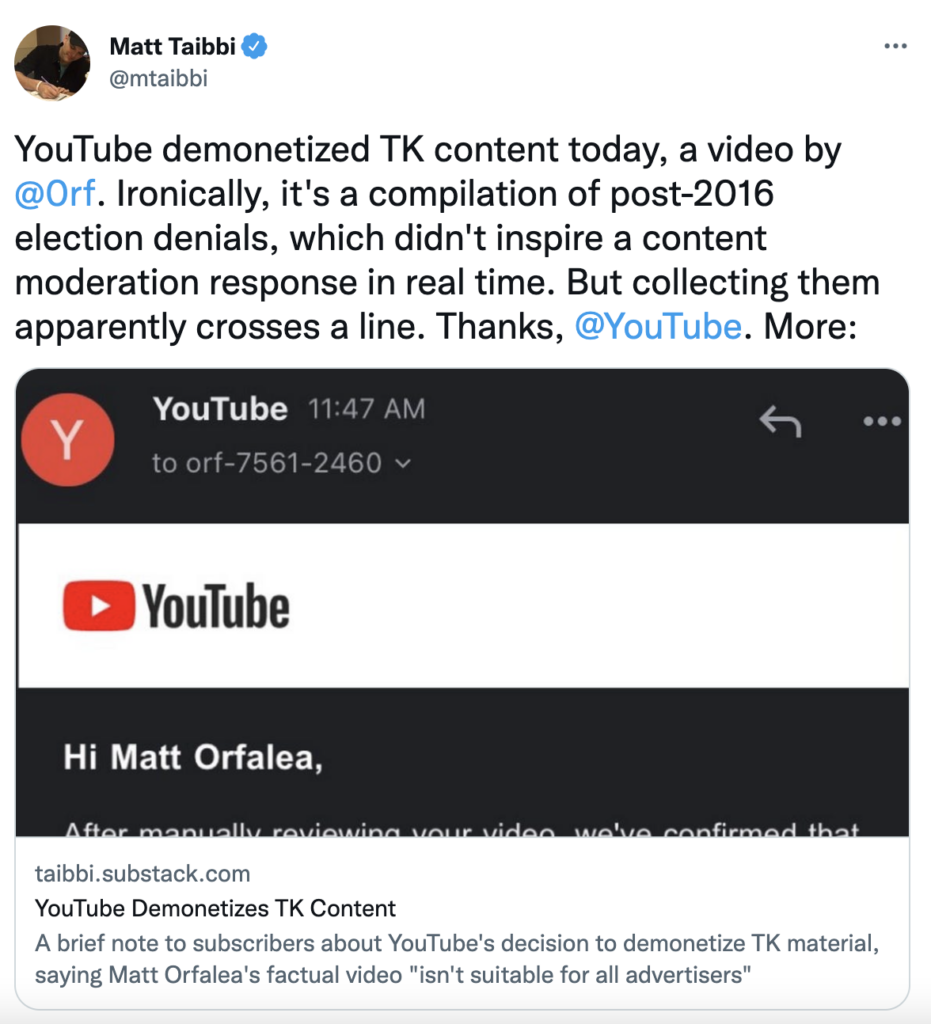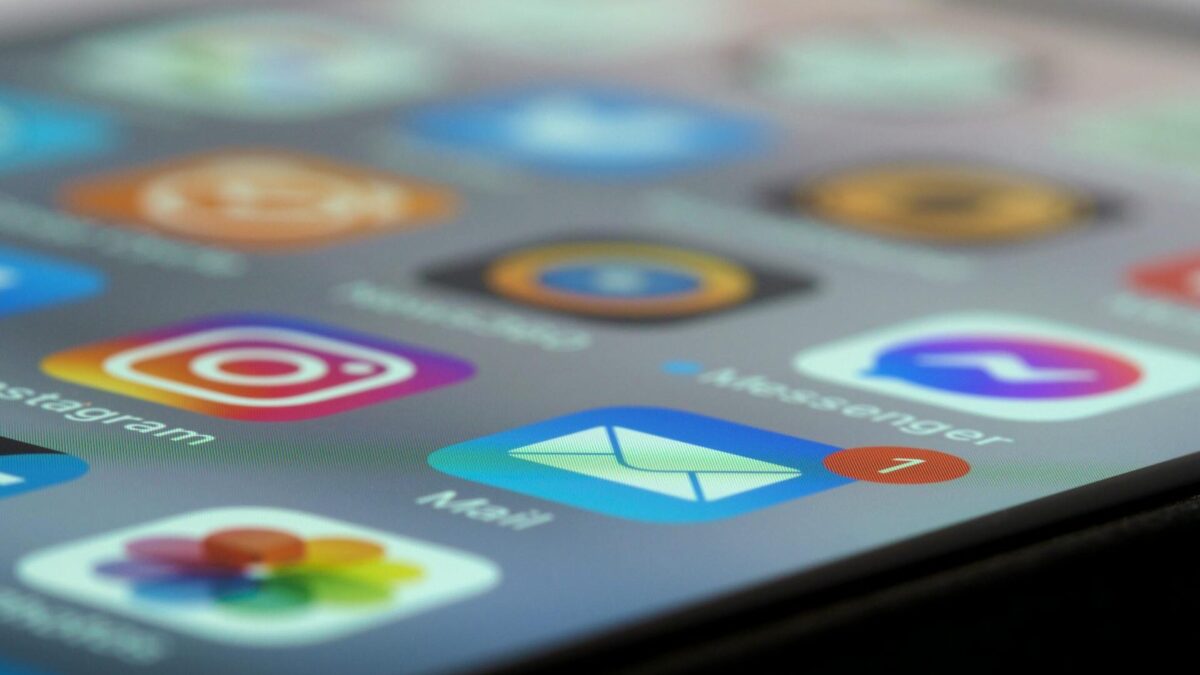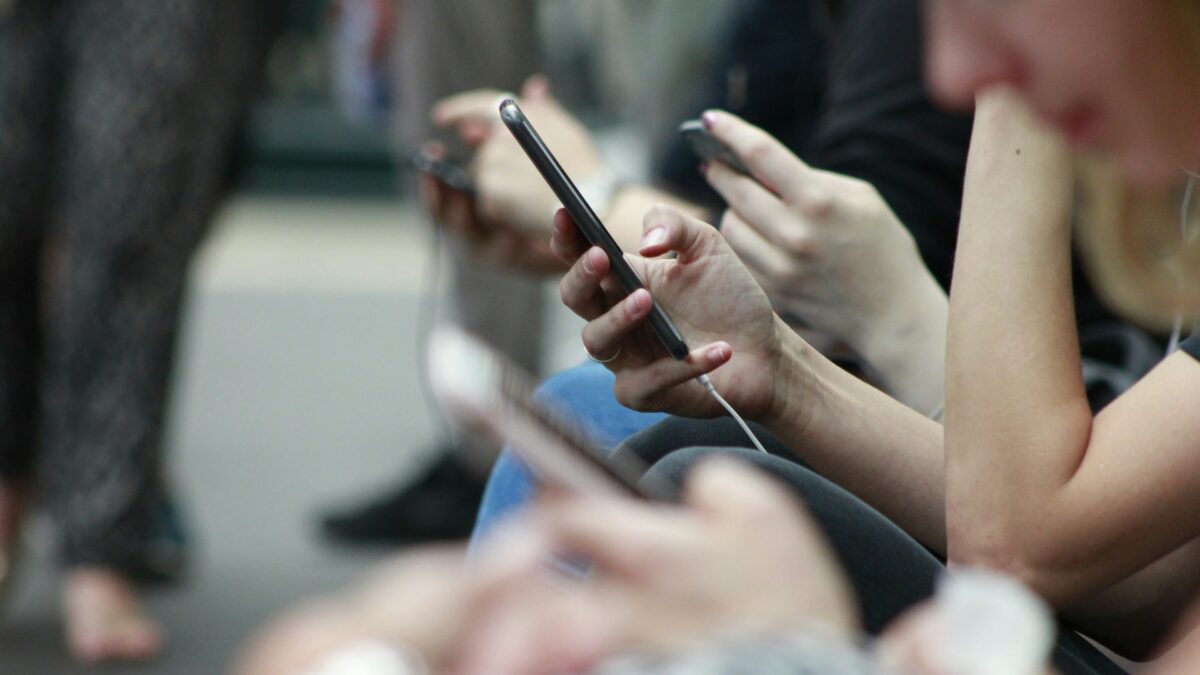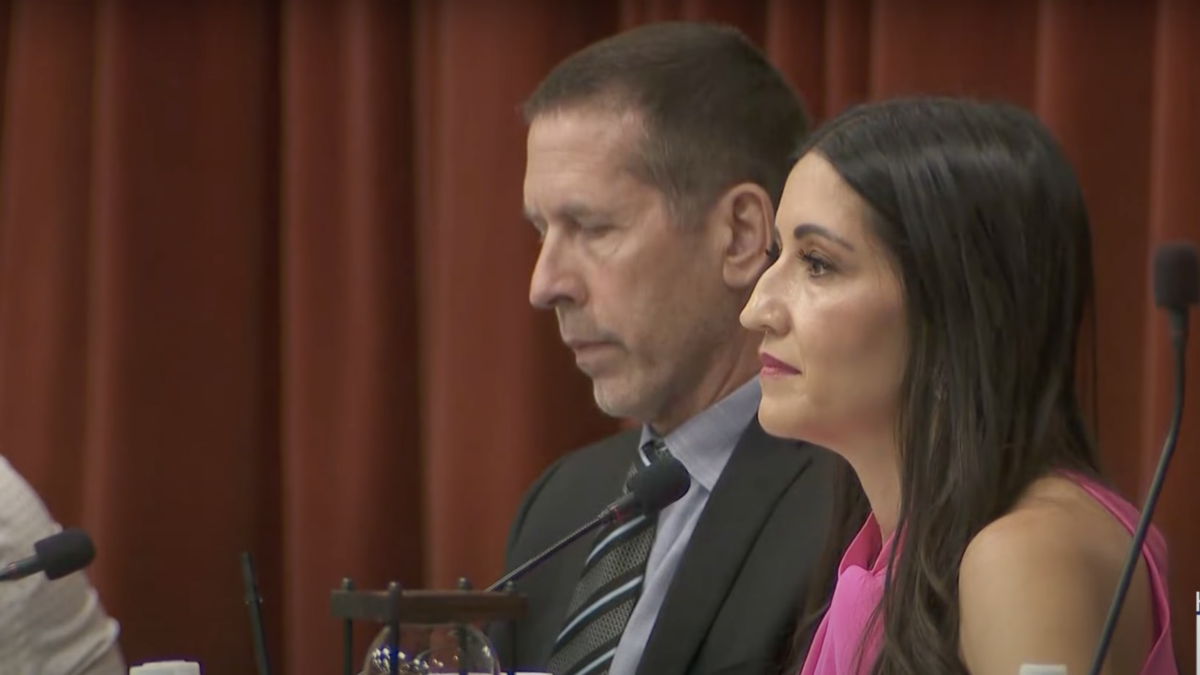
In classic Big Tech information suppression form, Google-owned YouTube punished a journalist on Thursday for highlighting just how many Democrats, corporate media outlets, and celebrities denied that former President Donald Trump won the 2016 election.
YouTube’s elections misinformation policy claims that “content advancing false claims that widespread fraud, errors, or glitches occurred in certain past certified national elections” is subject to removal. The policy explicitly states that these conditions apply to “any past U.S. Presidential election.”
That’s likely why when journalist Matt Orfalea, author of the “Censored News” Substack and contributor at TK News, tried to upload a compilation of Democrats claiming that Trump was an illegitimate president because he “cheated,” the video was instantly demonetized.
The less-than-five-minute video simply shows media clips of Democrats like current White House Press Secretary Karine Jean-Pierre, failed 2016 presidential candidate Hillary Clinton, and now-Vice President Kamala Harris who, without any credible evidence to back their denialism, all spread lies and misinformation about the 2016 election with the hopes of undermining the newly-elected Trump.
The video also features corporate media talking heads, late-night hosts, former White House Press Secretary Jen Psaki, and even Saturday Night Live characters repeating the lie that “Russia hacked our election.”
YouTube’s email disclosing the censorship declared the video “isn’t suitable for all advertisers” and limited the compilation to “run limited or no ads.” The email also stated that the decision to bar the video from making money was made as part of a “manual” review by someone on the YouTube team.

TK News founder Matt Taibbi announced the censorship in an article on his Substack on Thursday.
“I’d like to thank YouTube for making our point,” Taibbi wrote. “The material in this video does not promote the idea that any election was stolen or illegitimate. On the contrary, it shows a great mass of comments from Democratic partisans and pundits who themselves make that claim, about the 2016 election.”
As Taibbi noted further down in the column, Democrats that peddled election misinformation in 2016 were not censored for their brazen denial. Instead, their baseless doubts were rewarded with incessant media coverage that continues to this day.
“However, the decision to assemble these materials in one place, inviting audiences to consider their meaning, apparently crosses a line,” Taibbi continued. “Now we know: you can deny election results on a platform like YouTube as much as you want, you can even promise disruption, but drawing attention to such behavior angers the algorithm. It’s hard to imagine a better demonstration of the double-standard in content moderation.”
More Democrats denied that Trump won the 2016 election than Americans who claimed President Joe Biden wasn’t legitimately elected in 2020.
In 2020, Democrats that objected to every GOP certification this century called Sen. Josh Hawley’s election concerns a “coup attempt.” Prominent Democrats such as Hillary Clinton and former President Jimmy Carter supported the theory that Trump was illegitimately elected. More than 1 in 4 House Democrats boycotted the Republican’s inauguration celebrations in 2017.
Yet, it was election integrity supporters who asked questions about the 2020 election that were suppressed by YouTube and other Big Tech companies.









